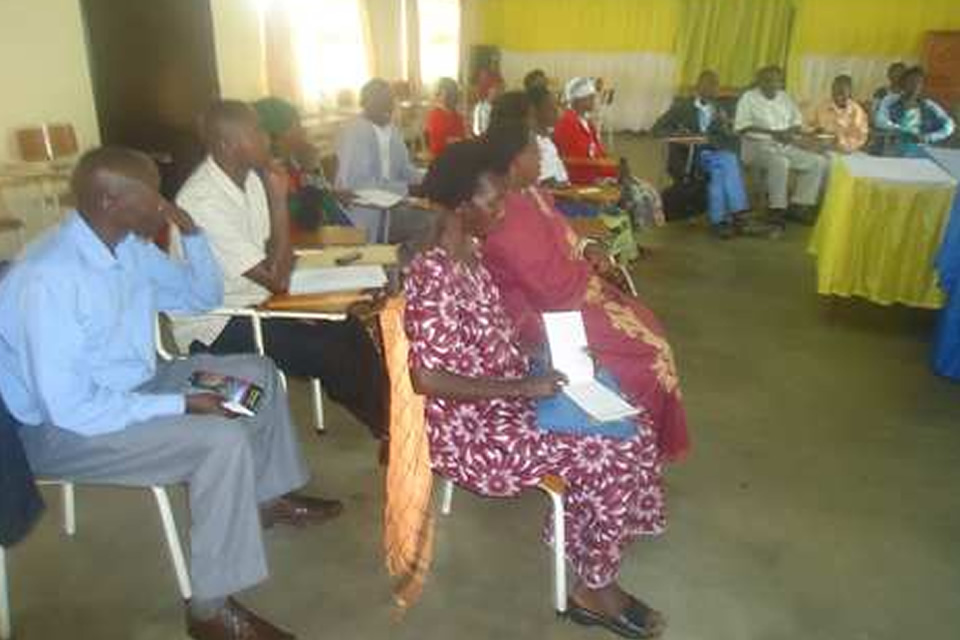U2 front-man Bono “knighted” Israeli renewable energy pioneer Yosef Abramowitz while visiting a solar field developed by Abramowitz’s company Gigawatt Global in Rwanda, The Times of Israel reported today.
Bono was in Rwanda visiting the solar field with a group of US representatives to explore ways in which the US and Africa can expand economic development opportunities.
The rock star has long been involved in African development through his ONE campaign, which fights extreme poverty and disease and also backs the Electrify Africa Act, an act to help bring electricity to 50 million Africans.
The $23.7 million field, a solar field developed by Abramowitz’s Gigawatt Global, supplies about 6 percent of Rwanda’s power and is set on the land of an Israeli-inspired youth village, the Agahozo-Shalom Youth Village, the first of its kind in East Africa.
Abramowitz shared his impression of the ceremony on Facebook, writing, “Being Knighted by Bono in our solar field, using the One.org wrist band, with the declaration: ‘You are an incredible dude.’ I can’t believe my kids weren’t there to witness. Here’s the video evidence, maybe they will respect that.”
The solar field opened in February. At the time, it was reported that most of Rwanda’s power came from burning wood and that the solar field “will save families around 12 million hours per year.”
In The Sun Keeps Shining on Yosef Abramowitz, which was published in the July 2014 issue of The Tower Magazine, Assaf Dudai noted that Abramowitz was inspired to become a solar power pioneer by Israel’s first prime minister, David Ben-Gurion.
So how come nobody else has ever thought of harnessing solar energy in Israel, even though a third of its territory is a sprawling, sun-drenched desert? “Actually,” Abramowitz smiles, “somebody did. His name was [David] Ben-Gurion.” Indeed, here is a startling 1956 quote from Israel’s first prime minister:
The largest and most impressive source of energy in our world and the source of life for every plant and animal, yet a source so little used by mankind is the sun… solar energy will continue to flow toward us almost indefinitely.
Ben-Gurion initiated the nationwide use of solar power for water heaters, making Israel the first country in the world to use solar power for this purpose.
